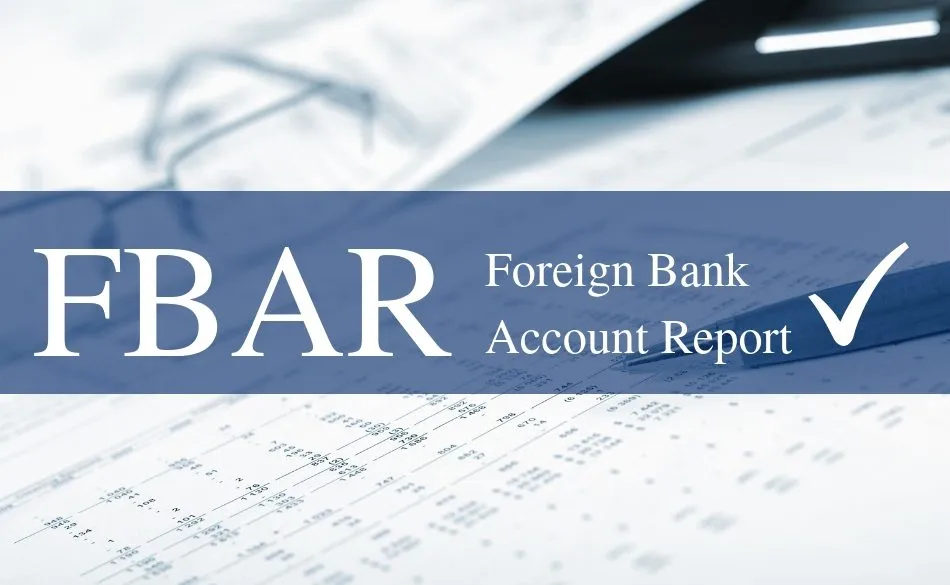 WhatsApp
WhatsApp
 Call Us
Call Us
 Email Us
Email Us
 Whatsapp Community
Whatsapp Community

The decision of a Non-Resident Indian (NRI) to return to India involves not only emotional and cultural aspects but also intricate financial considerations. From taxation to funds, the journey back home requires meticulous planning and expert guidance. In this blog post, we will explore the perspective of a financial advisor, shedding light on the tax and financial implications that NRIs returning to India should be well-prepared for.
Planning a return to India necessitates careful contemplation and diligent planning across various aspects, including legal, financial, and lifestyle changes. This comprehensive guide aims to highlight the key factors that NRIs should consider when planning their return to India.
Navigating Taxation and Investments: A Primer for Returning NRIs
Returning NRIs encounter two pivotal statutes that govern taxation and foreign investment in India—the Foreign Exchange Management Act (FEMA) and the Income Tax Act (ITA).
The FEMA governs foreign investments and transactions involving Indian residents outside India, encompassing foreign bank accounts, real estate investments, equity, mutual funds, businesses, money transfers, remittances, borrowing, lending, and gifts.
On the other hand, the ITA regulates taxation and defines the appropriate tax treatment for such investments.
1. Residency Status and Tax Implications
Determining one's residency status for tax purposes is a critical consideration for NRIs returning to India. Depending on the date of their return, NRIs have a window of 2-3 years to avail tax benefits on income earned outside India, allowing them to shift their overseas assets to India without incurring substantial taxes.
During their NRI/RNOR status, individuals are exempted from income tax in India for various income sources, including capital gains from overseas assets, interest from FCNR and RFC deposits, withdrawals or pensions from foreign retirement accounts, interest or dividends from overseas deposits or securities, and rent from properties held overseas.
2. Banking Transitions
NRIs often maintain NRE (Non-Resident External) or NRO (Non-Resident Ordinary) accounts in Indian banks. After returning to India, these accounts must be re-designated as resident accounts or Resident Foreign Currency (RFC) accounts. Promptly informing the bank of this status change and making necessary adjustments is crucial to ensure compliance with FEMA.
3. Fixed Deposits
Similarly, NRIs with fixed deposits in their NRE accounts must convert them into regular resident fixed deposit accounts within a reasonable timeframe after returning. Failure to do so may lead to FEMA violations with legal consequences. While interest earned from NRE FDs is not taxable, interest from Resident FDs is subject to taxation based on income tax slabs, with applicable TDS deductions.
4. Demat and Trading Accounts
Demat and trading accounts held by NRIs should also be converted into resident accounts after returning to India. Ensuring this transition is essential for regulatory compliance.
5. Investments
NRIs can continue their investments in mutual funds and direct equities upon their return. However, updating their KYC (Know Your Customer) details with their fund house or broker is imperative. It's important to note that tax implications on capital gains differ for residents and non-residents.
6. Overseas Assets
According to section 6(4) of FEMA, returning NRIs can hold, own, transfer, or invest in foreign currency, foreign securities, or immovable property located outside India if these assets were acquired while they were residing outside India. They can receive income from these assets, which can be remitted to India. However, planning the liquidation of overseas assets before losing RNOR status can significantly reduce the income tax impact.
7. Insurance
Returning NRIs should be aware that their previous insurance policies purchased abroad will not cover them in India. Upon their return, obtaining suitable health and life insurance policies for themselves and their family members is essential.
8. Business and Entrepreneurial Pursuits
Many returning NRIs explore business and entrepreneurial opportunities in India. Chartered Accountancy (CA) firms provide valuable assistance in setting up businesses, understanding Goods and Services Tax (GST) implications, managing accounting and bookkeeping, and ensuring compliance with corporate regulations.
Conclusion
As NRIs embark on their journey back to India, a well-considered financial strategy is essential to navigate the intricacies of taxation, investments, and regulatory compliance. Collaborating with knowledgeable CA firms can provide them with the expertise needed to smoothly transition their financial affairs while ensuring legal and financial well-being. By seeking expert guidance, NRIs can return home with confidence, ready to embrace opportunities and safeguard their financial interests.







Stay in the loop, subscribe to our newsletter and unlock a world of exclusive updates, insights, and offers delivered straight to your inbox.